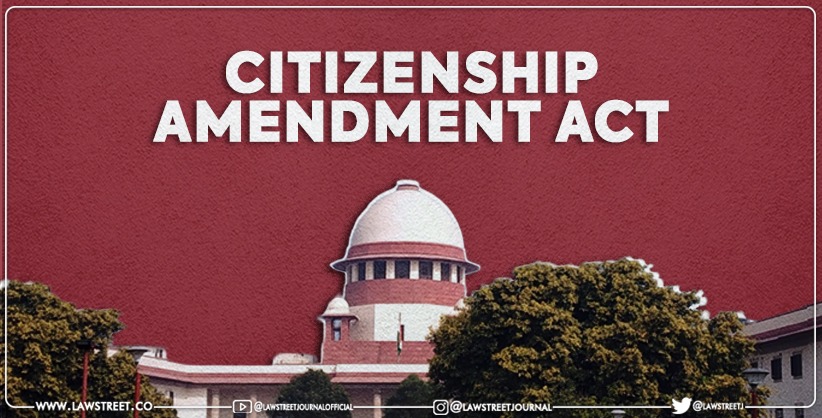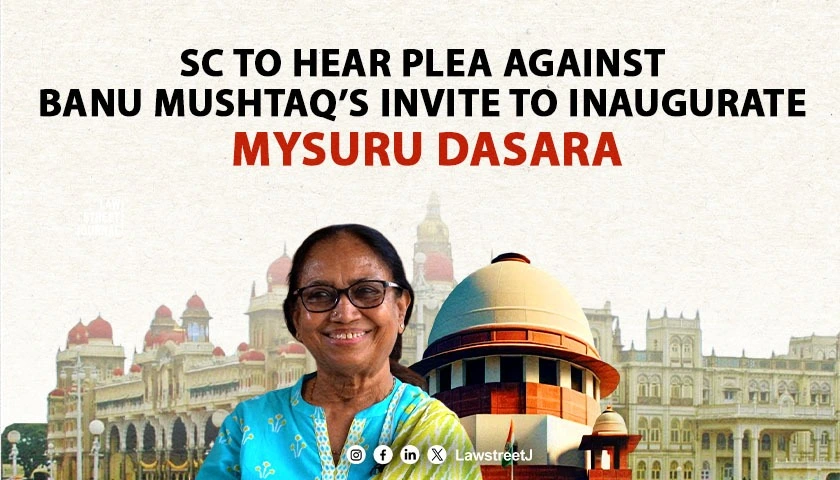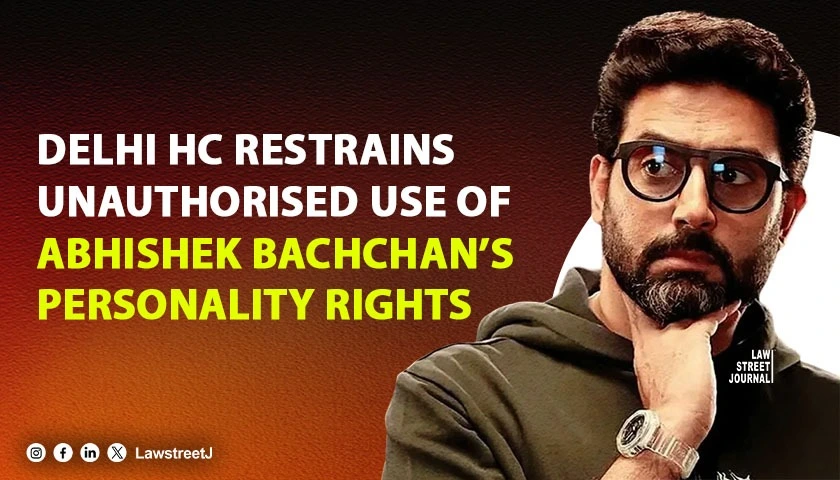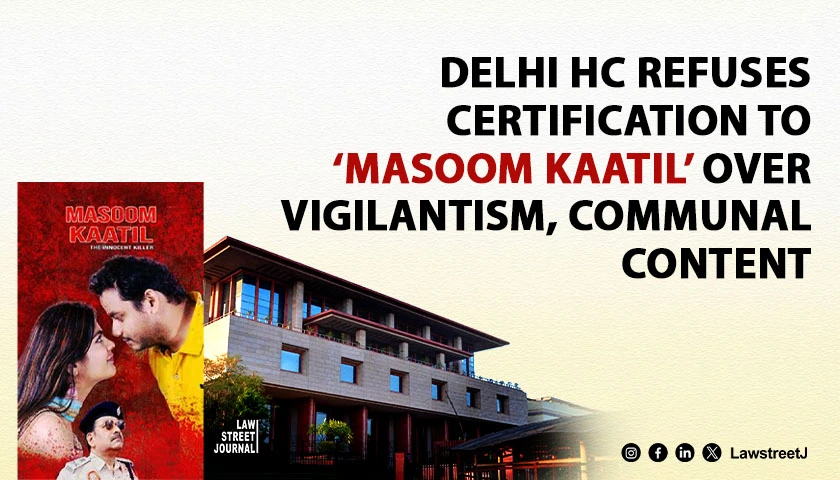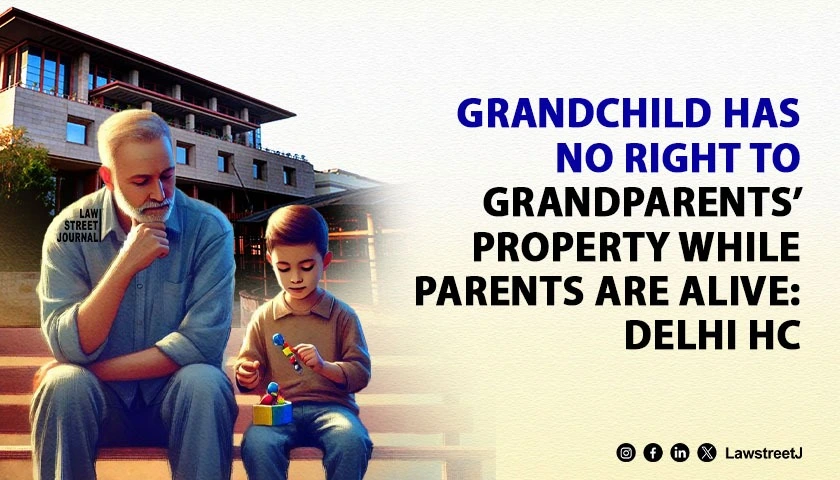NEW DELHI: The Supreme Court has fixed for hearing about 200 petitions challenging the constitutional validity of the Citizenship (Amendment) Act (CAA), 2019 on September 12.
The law had evoked massive protests across the country.
The Citizenship (Amendment) Act, 2019 made only Hindus, Sikhs, Buddhists, Jains, Parsis and Christians, except Muslims, from Afghanistan, Bangladesh and Pakistan eligible for Indian citizenship as naturalisation, for their religious persecution. It had fixed December 31, 2014 as the cut off date for such purpose.
According to the Supreme Court's causelist, a bench of Chief Justice U U Lalit and S Ravindra Bhat would be taking up the petitions on Monday.
The Citizenship Amendment Act, 2019 got its assent from President on December 12, 219 after its passage from both the Houses of Parliament.
On December 18, 2019, the top court decided to examine validity of the Citizenship Amendment Act 2019 but refused to grant any stay on the statute.
The court had issued notice to Union government and put the matter for consideration on January 22, 2020. However, the matter since then did not come up for hearing.
Petitions from cross sections of people, including lawmakers, were filed against the validity of the law.
The petitions claimed the law was against the basic structure of the Constitution, including the principle of secularism.
The Indian Union Muslim League (IUML), one of the first petitioners against the Act, contended the Act violated the fundamental Right to Equality as it intended to grant citizenship to a section of illegal immigrants by making an exclusion based on religion.
The plea filed by Congress leader Jairam Ramesh claimed the Act is a brazen attack on core fundamental rights envisaged under the Constitution.
Among others, Kerala government ruled by CPM also approached the apex court, seeking a declaration that the Citizenship Amendment Act, 2019 was violative of the fundamental rights and basic structure principle of secularism enshrined in the Constitution.
It had filed an original suit under Article 131, invoked when there is a dispute among states and between a state and the Union of India, of the Constitution.
In its petition, the state claimed that the Amendment Act was discriminatory in so far it covered "only religious persecution, among persecutions on very many grounds, of an irrationally chosen class of minorities in an unreasonably chosen class of neighbouring countries."
All persecutions are not solely based on religious grounds alone and are for varied reasons like ethnicity, linguistics etc, it claimed.

